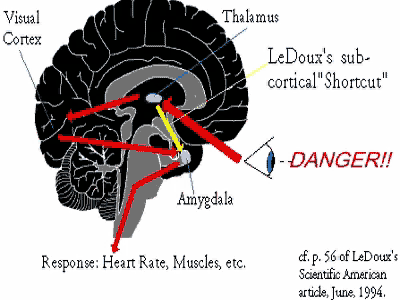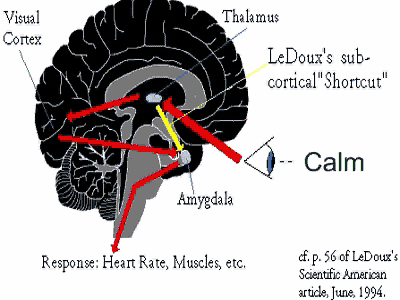PTSD- POST TRAUMATIC STRESS DISORDER
THE WARRIOR BRAIN
Fear should be our ally since it protects us from danger through a chemical reaction signaling us to pay attention to a threat. It triggers the classic fight-or-flight response—sweaty palms, dry mouth, an increase in breathing and heart rate, a jolt of adrenalin—to help us survive. When the brain doesn’t return to normal after a stressful incident, or when there are too many events, this hormone-driven alert system can become harmful. Contemporary warfare using unconventional tactics and weapons has been especially hard on soldiers. Add to that multiple combat tours with little time in between to recover, and it becomes a recipe for creating trauma.
WHAT DOES IT FEEL LIKE?
PTSD, or Post Traumatic Stress Disorder, is stuck in a state where tormenting thoughts from your past keep replaying again and again.
- It feels as if all safety and security is permanently gone.
- It removes a person from feeling fully present in life.
- It may feel as if something bad is going to happen at any moment.
- Hyper-vigilance becomes a way of life.
If someone with this anxiety disorder sees something familiar to the original traumatic events, then it will re stimulate the earlier trauma. The traumatized person will report feeling “emotionally polluted” for hours or days.

